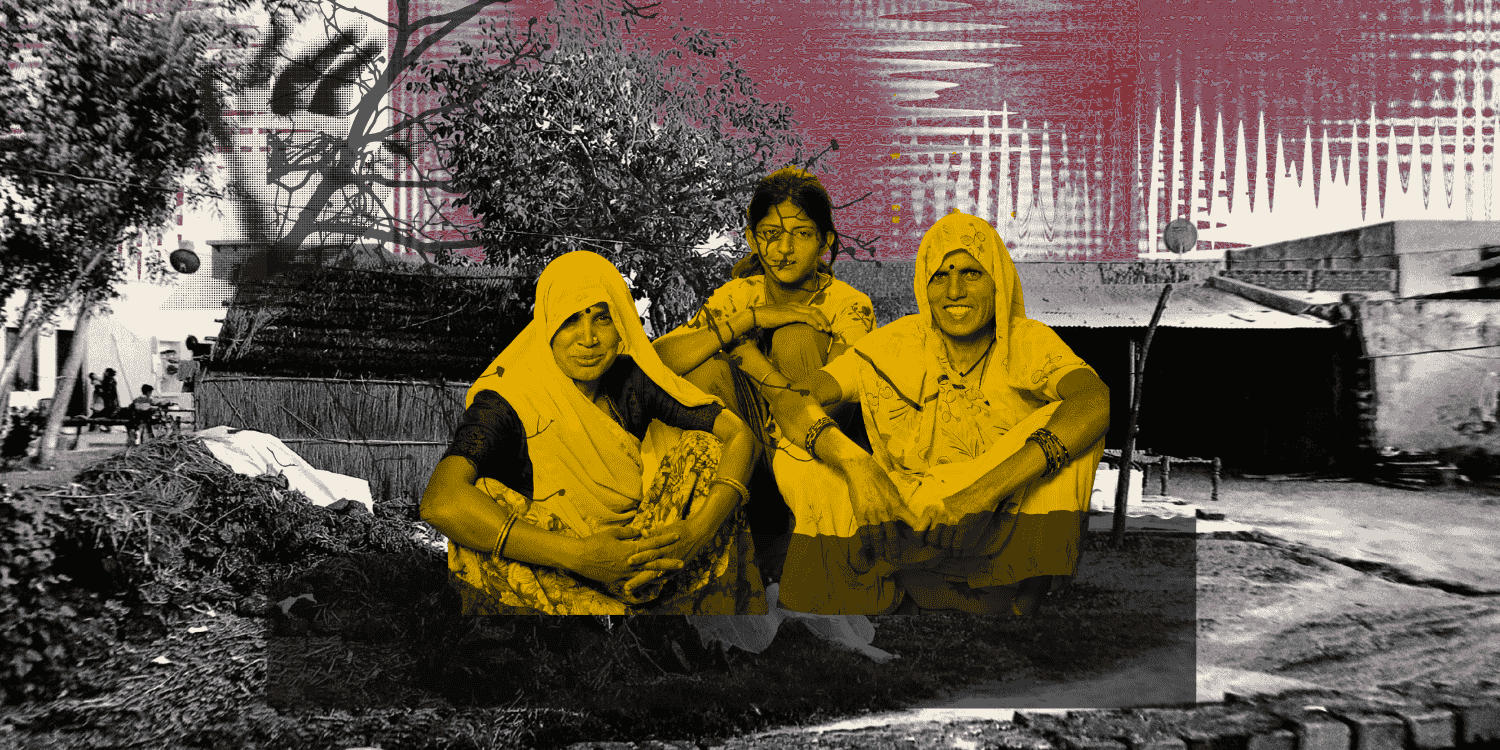ABSTRACT
In a biodiversity-rich and developing country like India, protection, preservation, and promotion of traditional knowledge becomes especially important due to its huge economic potential. This brief delves deeper into issues like bio-piracy and the existing difficulties in protecting traditional knowledge, especially that which is indigenous and collectively owned in nature. It also looks at the various institutional mechanisms in place to protect indigenous knowledge in India, with particular emphasis on the clauses of the TRIPS agreement and the Convention on Biological Diversity or CBD and India’s position on them.
INTRODUCTION
India is among the 17 mega-biodiversity countries identified by Conservation International and the United Nations Environment Programme. It has at least 7-8% of the recorded plant and animal species of the world, with over 45,500 plant and 91,200 animal species documented within the geographical boundaries of India (National Biodiversity Authority 2018). Indigenous species of plants are integral to traditional medicinal knowledge systems like Ayurveda, Siddha, and Unani, apart from other lesser-known tribal knowledge systems in the country. In fact, around 13,400 indigenous plant species are used as medicines, fodder, pesticides, resins, dyes, gums, perfumes and food by the indigenous population in India (Ibid.).
The World Intellectual Property Organization defines traditional knowledge as a “living body of knowledge passed on from generation to generation within a community. It often forms part of a people’s cultural and spiritual identity” (WIPO n.d.). Traditional Knowledge encompasses technical know-hows, practices, skills, and innovations with respect to biodiversity, agriculture, ecology, science and health (Saba 2018). In India, traditional medicinal systems meet the healthcare needs of a large section of the population, with the
Ministry of Ayush suggesting that 14.2 crore patients meet their healthcare needs through Ayurveda, Siddha, Unani, Yoga, Naturopathy, and Sowa Rigpa forms of medicine (Ministry of AYUSH n.d.).






